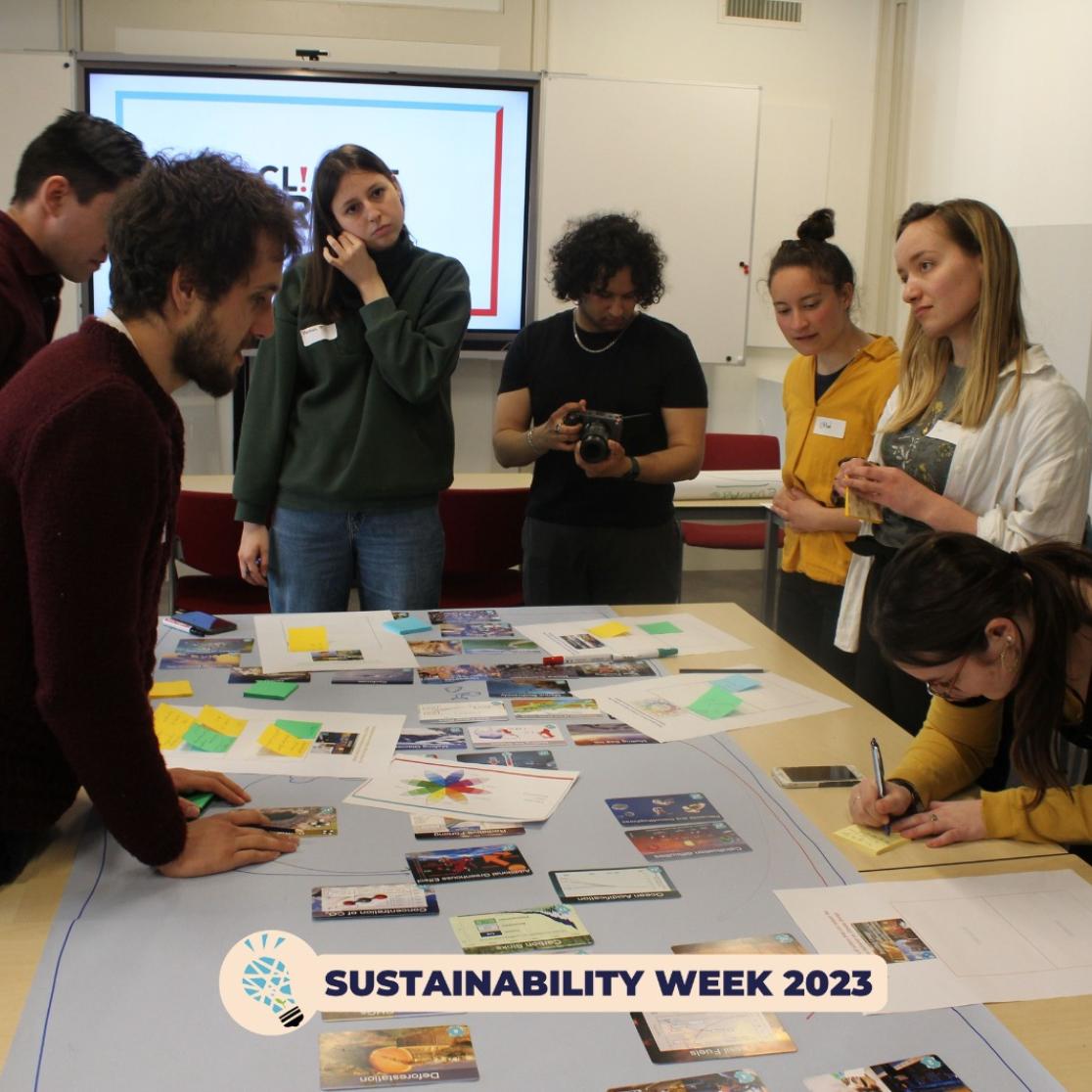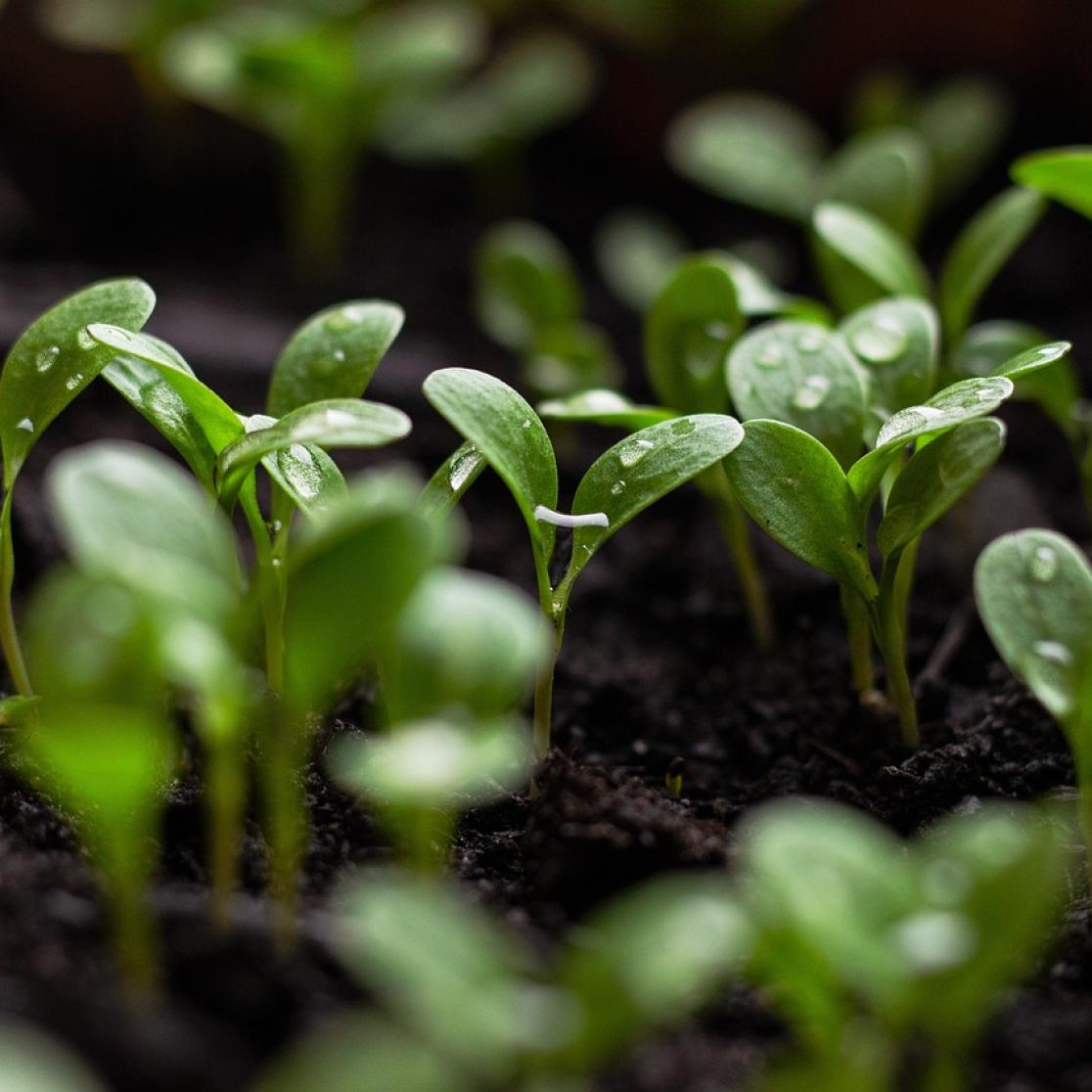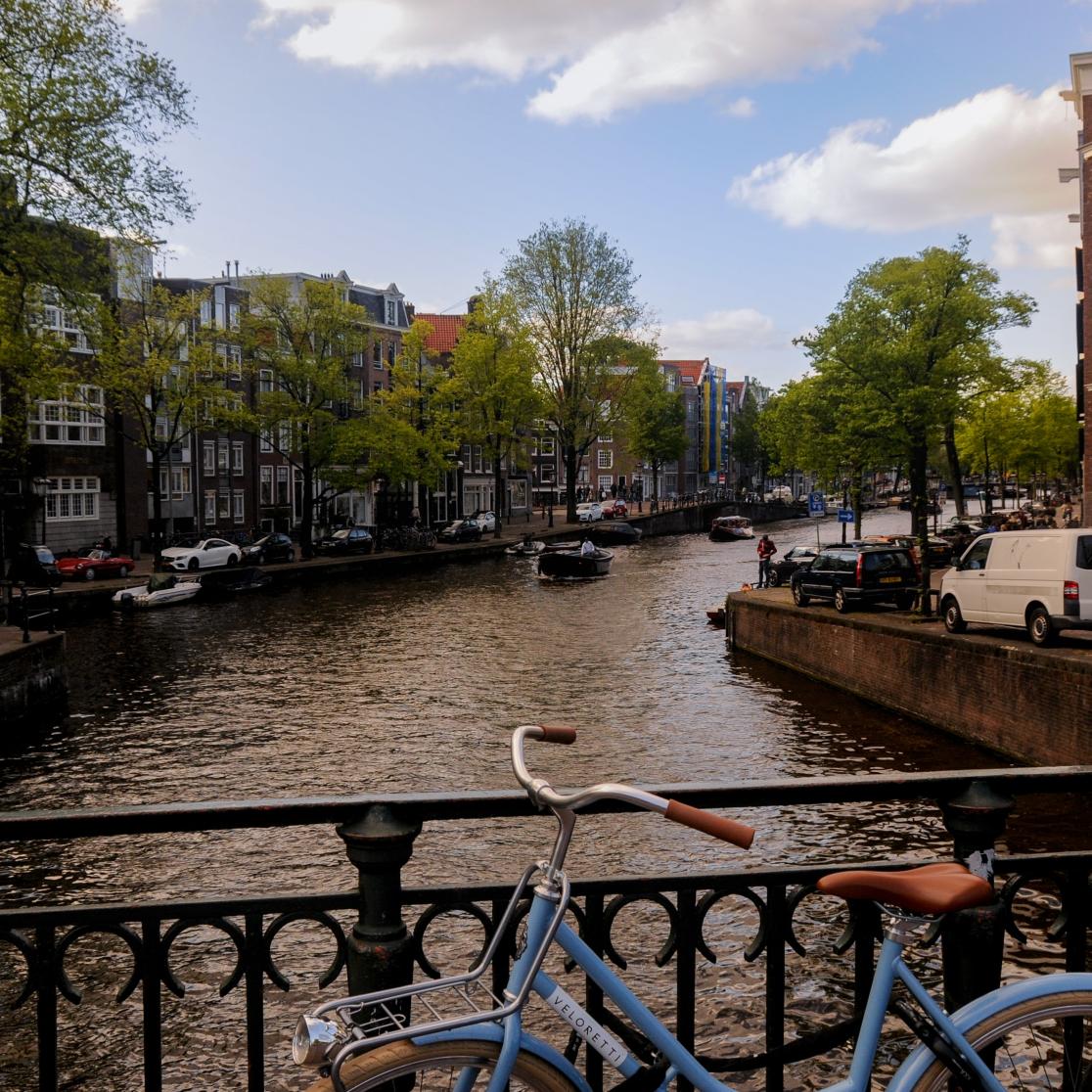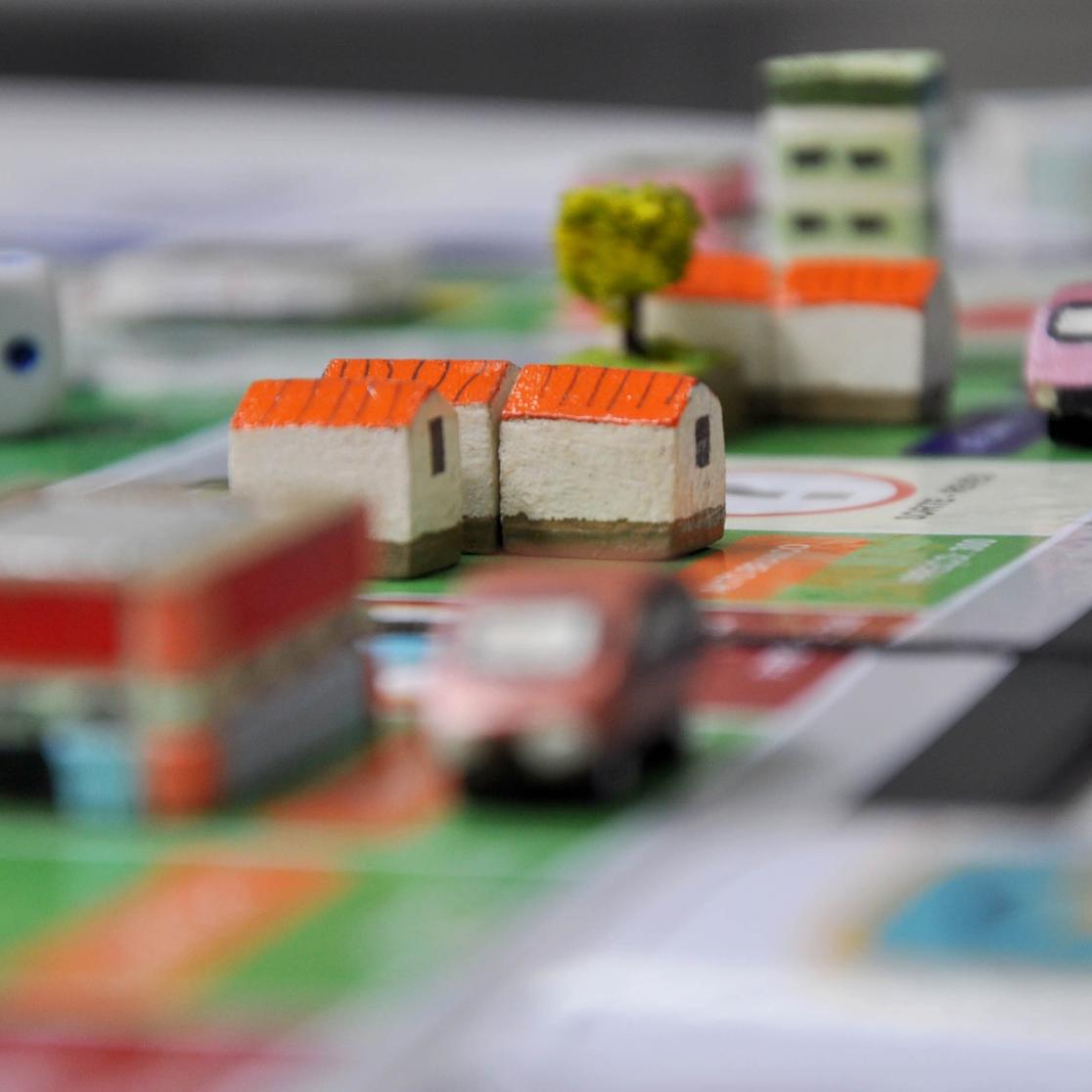From here...to a climate neutral UM by 2035
Climate change is one of the greatest challenges of our time. Maastricht University aims to be part of the solution by drastically reducing its emissions and becoming fully climate neutral. We are doing this not only by making our buildings more sustainable and promoting sustainable mobility, but also by actively engaging with suppliers and partners who share this mission. At the same time, we are working to strengthen our community’s resilience to the effects of climate change.
Education and research also play a key role: students are trained to become agents of change, and researchers contribute to the transition towards a fossil-free society. Through initiatives like the Climate Fresk and integrated educational modules, we aim to raise awareness and provide a sense of agency. This is how we make a tangible difference—both on and beyond our campuses.
Find out what we do!
Framework ‘Transition to a fossil-free society’
Maastricht University has developed a framework to evaluate whether research projects and collaborations support or hinder the transition to a fossil-free society. This tool helps researchers assess the nature of their project and the role of the partner involved. If risks are identified, advice is sought from a dedicated Fossil Assessment Committee. The framework ensures that UM aligns its academic partnerships with its climate goals and values. It also increases transparency and encourages dialogue on the responsibilities of universities in tackling the climate crisis. The tool is now fully integrated into UM’s research approval processes.

Sustainable Catering
UM is currently preparing a new university-wide catering tender with sustainability at its core. The aim is to significantly reduce the environmental footprint of campus food services while improving health and inclusivity. This includes offering more plant-based options, reducing food waste, sourcing responsibly, and improving transparency. The tender process involves input from students, staff and sustainability experts to ensure alignment with UM’s climate and circularity ambitions. Implementation is planned for 2026.

Climate Fresks
To raise awareness and understanding of climate change, UM has organised over ten Climate Fresk workshops with participation from hundreds of students and staff. This engaging workshop uses a collaborative game based on scientific sources, allowing participants to uncover the complex web of causes and consequences of climate disruption. The sessions spark insightful discussions and help translate knowledge into action, both individually and institutionally. They are part of a broader strategy to build climate literacy across the university. Due to their success, Climate Fresks will continue to be offered as part of UM’s sustainability engagement programme.

Education Grant
To accelerate the integration of sustainability in education, UM offers an annual Education Grant of €10,000. This funding supports innovative teaching projects that embed sustainability in course content, learning outcomes or teaching methods. The grant is open to all faculties and aims to empower educators to experiment and collaborate across disciplines. The Education Grant reflects UM’s commitment to preparing students as changemakers and supporting staff in this educational transformation.

Sustainable Mobility
UM is committed to making mobility to, from, and within the university more sustainable. This includes encouraging cycling, walking, and the use of public transport, as well as reducing emissions from business and student travel. New policies are being developed in consultation with faculties and service centres to align mobility behaviour with climate goals. Carbon reporting, incentive structures, and infrastructure improvements (like secure bike parking and e-bike support) are part of the approach. The aim is to foster a culture of low-impact mobility that fits the needs of a modern, international university.

Sustainable Real Estate
Maastricht University is working to make its real estate healthier, more circular and low-carbon. This includes improving energy performance, reducing emissions (Scope 1 & 2), and integrating nature-based solutions like green roofs and biodiversity-friendly landscaping. By embedding sustainability into every stage of real estate planning—from renovation to new builds—UM is creating a campus environment that supports wellbeing, climate resilience and future-proof design in the long-term.
